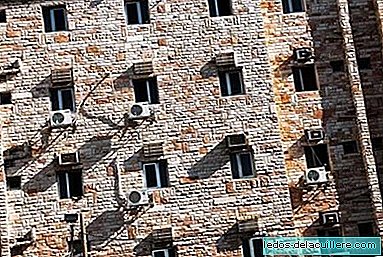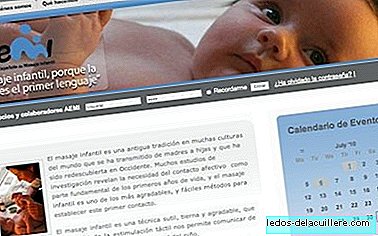
Los Pequeños Platones (from the Errata Naturae publishing house), is a collection of philosophy for children ... that the big ones will also enjoy. We are doing it, we started a few months ago with “Why do things have names?”, And now we continue with the reading of “The hundred lives of the philosopher Socrates”, which we have finished reading.
Do you like your children to meditate? Do you want to encourage them to analyze their own ideas and develop critical thinking? Would you like them to approach philosophy? Philosophy for children? And why not? Maybe that's how we get that are more reflective and have more ethic related concepts in their lives. This book is for children over nine years old, but more than one adult will be interested in the contents, although the format and structure are designed for children.
The epigram of Diogenes Laercio (3rd century AD) read like this - dedicating some lines to Socrates -: 'Because you, yes, God has made you really wise ... The Athenians gave you, in effect, the hemlock, but they are those who, by your mouth, have drunk to the last drop '.
But you know, his body died so many years ago that few of us remember, and yet his ideas and his way of teaching remain in many of us despite the time. And it is that Socrates is one of the most beloved philosophers, and surely the best known.
Citizen! When you open this book you push the doors of a fair city where ambitious ticks and charlatans have their days numbered, if you are able to find any. Who will be your guide through its streets and passages? Who will it be? Socrates! Did you think he was dead? No way! Socrates is the philosopher of the hundred lives and has crossed the centuries reincarnated his soul in the tiny body of a fly, in that of a stray dog or in that of a prisoner eager to find the exit of the cave in which he has been taken prisoner
In "The hundred lives of the philosopher Socrates," our protagonist comes to live 99 lives, and its author (Yan Marchand), says that he may now be in us, although it is so quiet that we will not hear his movements, although - yes - we will notice its positive influence on our lives. It is necessary to be willing and open the mind, and it is possible to bring our children to such important teachings.
The book introduces Socrates, Trasímaco and Homero, who between reincarnation and reincarnation see hundreds of years pass by. Socrates tries to do his best with Trasímaco, yes ... the one who defended that justice could only be useful for himself, and for the strongest; that as a consequence of distorting the meaning of justice He is faced with multiple sufferings when the judges of the place where souls go, they realize their true intentions.
And Socrates is clear about it (and me too), let's never forget that 'the will of the strongest transformed into a law obeyed by society, ends up harming its author'.
Is it good or bad for your child to think, reflect and learn to defend ideas, accepting those that are contrary? I think it's not only good, but also necessary, and I feel very safe because I know that Socrates is going to help me. Before I forget (because I'm already finishing), the illustrator is Yann le Bras, who claims that Plato had expelled him from “The Republic,” although I know he does very well, and his illustrations are as surprising as Marchand's text (Doctor of Philosophy and writer).
Bravo for Errata Naturae and his effort to bring philosophy to the little ones!












